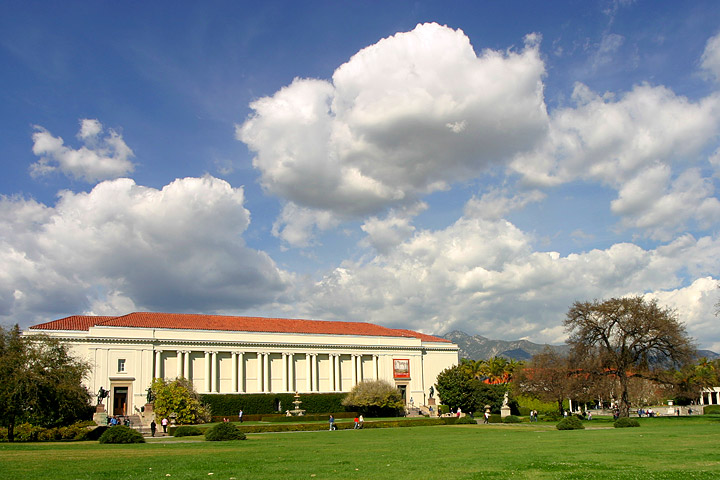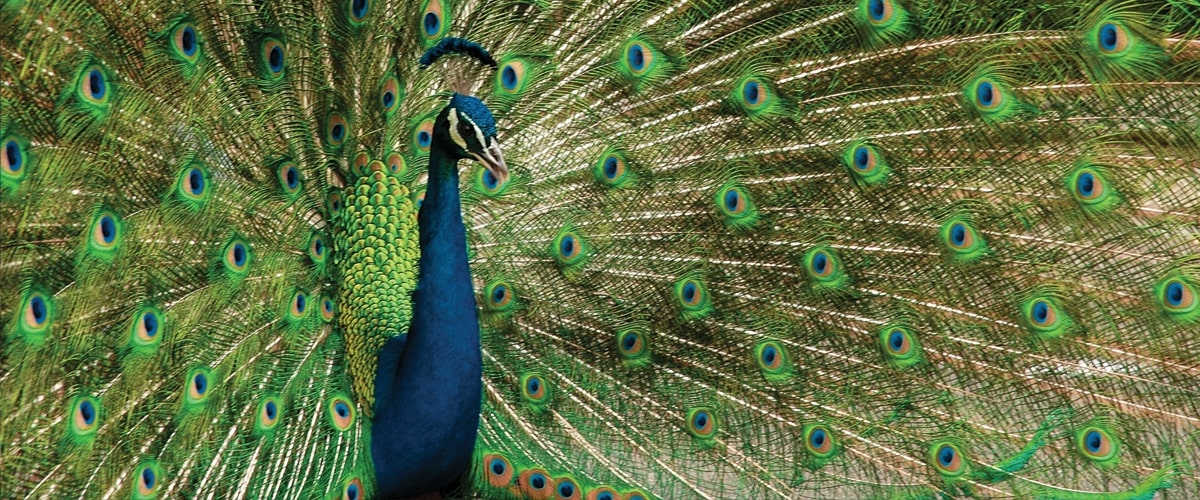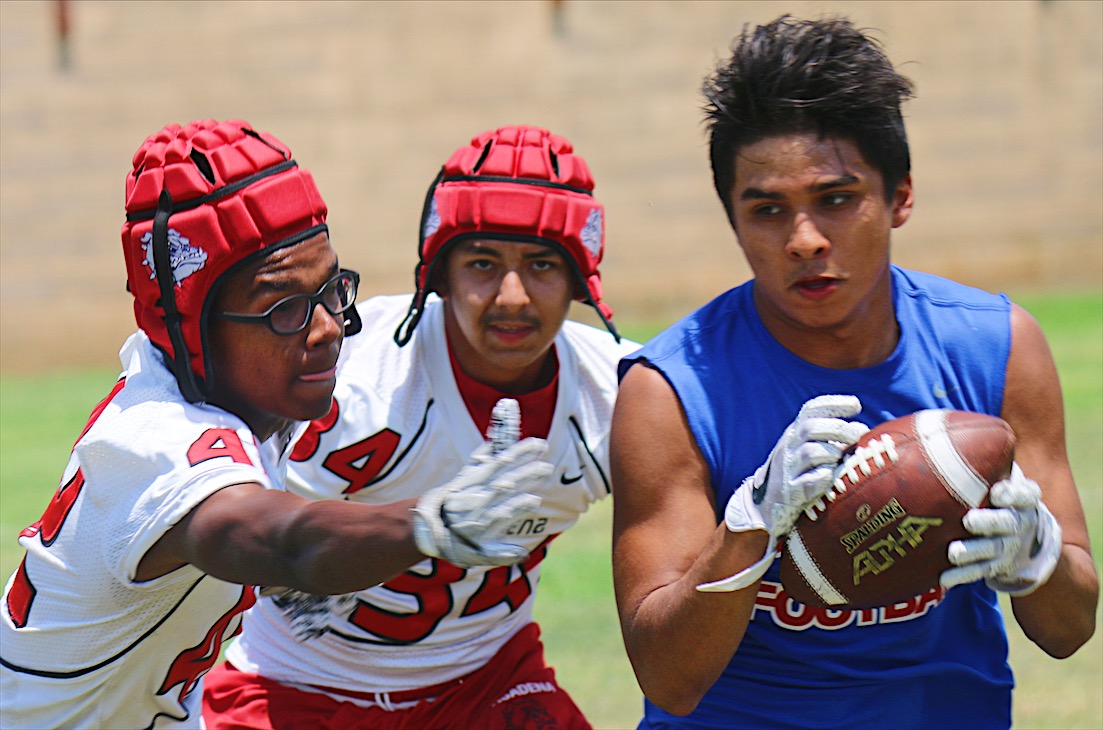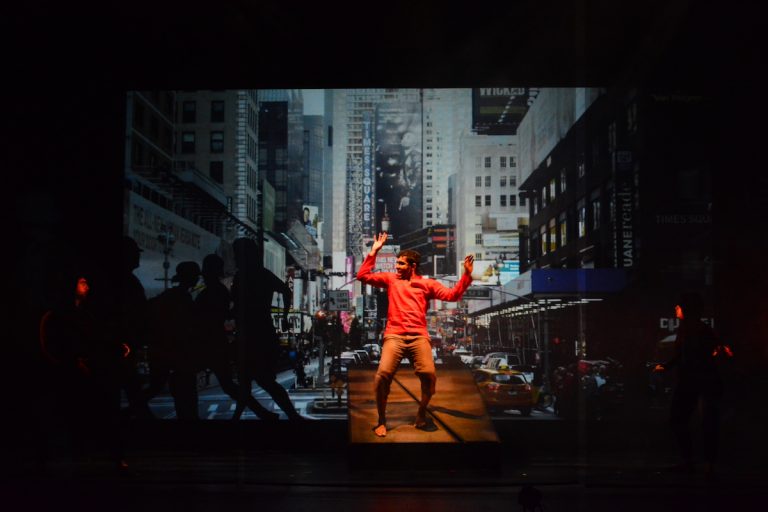
By May S. Ruiz
Rudyard Kipling’s “Jungle Book” takes us to the exotic, adventurous, and magical world of Mowgli and other wildlife creatures. This play adaptation, written and directed by Rick Miller and Craig Francis, will have its West Coast premiere on Tuesday, July 17 through Sunday, July 29, at the Pasadena Playhouse, after a successful three-week run at Asolo Repertory Theatre in Sarasota, Florida.
Staged by Canadian company Kidoons and WYRD Production, in association with The 20K Collective, “Jungle Book” features familiar characters including Baloo the Bear, Kaa the snake, and introduces other colorful inhabitants of Kipling’s books.
Very much a theatrical adaptation, this play employs a rich soundscape, immersive multimedia, inventive puppetry, and a variety of new and traditional theatrical traditions to transport audiences to the world’s jungles. It features favorite characters as never seen before, bringing out the original themes of the story, while connecting audiences to its Indian locale and the human relationship to the animal kingdom.
“We definitely chose not to re-do the Disney version. They did it well and have done it several times,” Miller emphasizes. “We decided to take people back to Kipling’s book to inspire them to read literature and realize that he actually wrote two Jungle Books. Everyone knows Mowgli but there are other stories in ‘The Jungle Book’ and ‘The Second Jungle Book’ about different animals from around the world. The stories, poems, and songs that Kipling assembled cover a great deal of territory, both thematically and geographically.”
Miller adds, “In the original Kipling story, Mowgli grew up in the jungle with animals and is kicked out of the jungle for being too much of a human. In the book he also goes back to the town as a teenager and is kicked out of the town for being too much of an animal.
“So this is a mirror image of these two worlds. It’s a story that echoes the disconnection we have these days when we wonder who our real family is and where we belong, but also our disconnection with nature. We live in cities and we tend to forget that we have a deep bond with our natural surroundings, a lapse which sometimes proves to be detrimental.”
“While the message is deep, it isn’t heavy,” stresses Miller. “We just want people to consider that before there were cities, there were forest[s] and jungles. And we still have them inside of us – that little bit of the free, wild, and uncontrolled. Mowgli is very much the embodiment of that; he takes us back to his youth to remember the law of the jungle. The play is about how to live with each other and the rest of humankind.”
“The adults coming to the show will definitely get the message and the kids will not get slammed on their heads with a hammer to get it. It’s a fun show with a lot of humor and a big dose of lightheartedness,” Miller says.
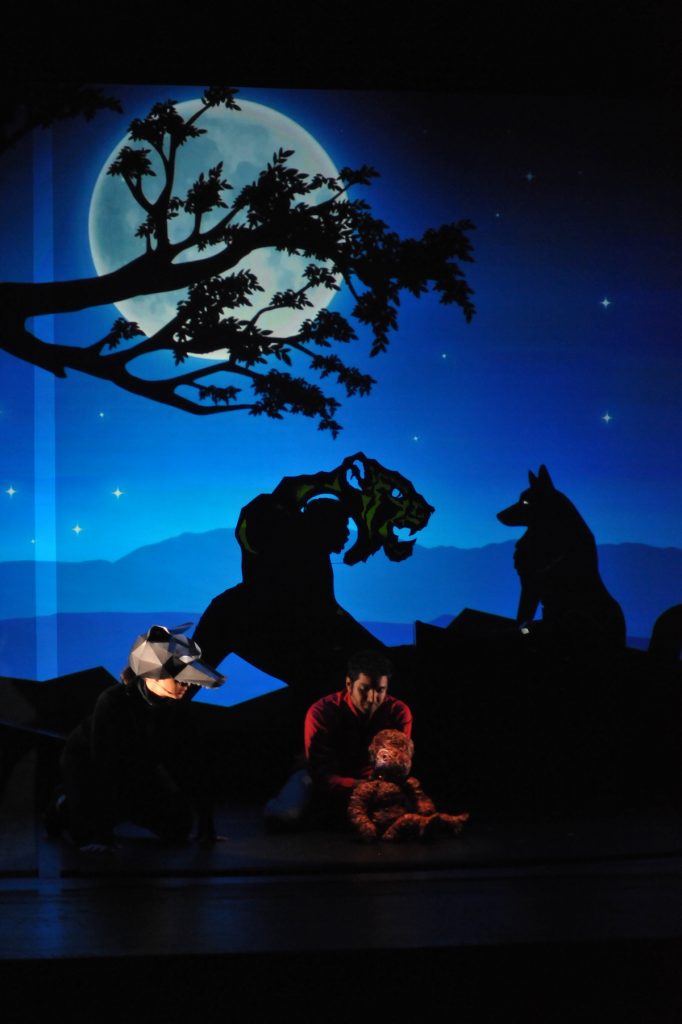
“I’ve been doing theatre for 25 years. I’m known all over Canada and Europe for my solo performances but I joined forces with Kidoons (Kids Cartoons) to create entire experiences,” discloses Miller. “We found that we haven’t been engaging the youth as much, so we are correcting that. And in the process, we’re generating new theatre audiences. This is important because not only are young people the theatre-going audience of the future but they’re also ready to be educated and become leaders of the world and if you present them with inspiring work on stage they really can change lives.
“That said, we produce plays for all ages but it so happens that young people love the work we do because we incorporate the playfulness and creativity that kids inherently have. We’re trying to be more than entertainers because God knows there’s a lot of entertainment available on screen. We utilize what theatre offers which, essentially, is a lot of people gathered together in a room experiencing a story. This is different from just watching something on the screen.”
“We’ll be taking a few months off after our Pasadena production because we’re touring other shows. But we’re booking dates in preparation for our North American tour which starts in 2019. If all goes well, it will go to Asia and to Europe as well. Jungle Book happens in India and I would love for it to play there, but it’s a universal tale. We create shows that people all over the world will fall in love with.”
Miller elaborates, “Our next project is the third part of our ‘Connection Triptych’ and it’s going to be ‘Frankenstein,’ a novel written in 1818 by Mary Shelley. It has had several popular versions but we want to create one that speaks to our own issues today. Bio engineering and prolonging life, issues that are very much on the forefront of technology, are quite beautifully expressed in ‘Frankenstein.’
“The common thread running through these plays are characters who have become disconnected from humanity. In the first play in our trilogy, Jules Verne‘s ‘Twenty Leagues Under the Sea,’ Captain Nemo built a submarine, a utopia, for himself and his crew. He lived as a warrior against oppression, but in his disconnection he becomes a bit of a monster. In ‘Jungle Book,’ Mowgli is so disconnected he doesn’t know who his real family is, or who he is, for that matter. Frankenstein is probably the most disconnected character. In fact, he isn’t even human, he was created using pieces of other people and was called a monster.
“To put this is in our present day, we have Snapchat and Facebook which, on the surface, make us think we’re connected. However, the presence of all the technology in our lives actually isolates us from what’s really happening.”
Having children – an 11-year-old and a 15-year-old child – has helped Miller relate to how young people think and what interests them. He says, “We constantly talk about today’s technology; how we always have our eyes on the screen and how that changes our brain,” Miller expounds. “We have conversations about what it costs to have a disconnection with our environment and surroundings. We can’t recognize trees, or identify one leaf from another, but we can name a hundred different company logos when we walk down the street.”
Miller and Francis re-imagine classic stories through modern eyes, making them relevant to the times we live in. Through “Jungle Book” they hope to make us find ourselves and connect with humanity. If we enjoy the music, are transported to a different world, and have fun along the way, then it would indeed be a journey doubly worth taking.


